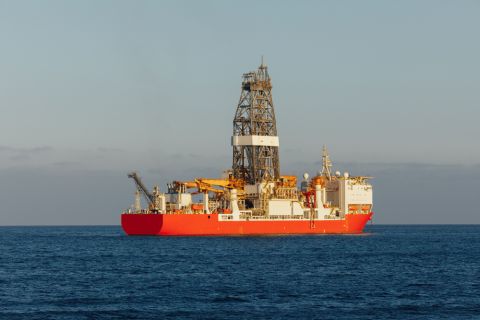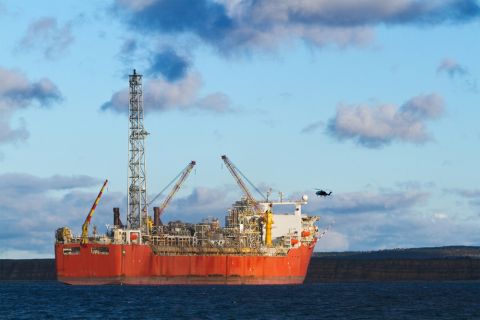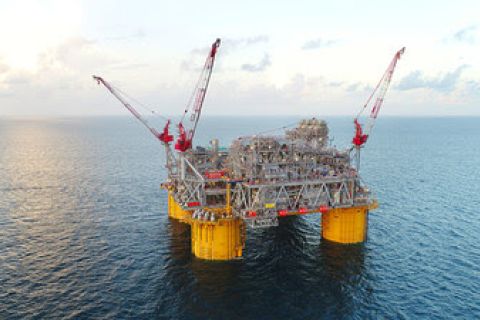Motiva Enterprises said Aug. 19 it has signed an agreement to buy the Flint Hills Resources chemical plant adjacent to its Port Arthur, Texas, oil refinery, kicking off a push into petrochemicals.
Motiva, the U.S. refining arm of Saudi Aramco, plans to operate the chemical plant while it builds three giant petrochemical units within its Port Arthur complex as part of an $18 billion expansion of operations along the U.S. Gulf Coast, said three sources familiar with the agreement.
Motiva and Flint Hills confirmed the pending deal after Reuters disclosed it had agreed to buy the operation. Motiva said it expects to deal to close by late 2019.
A Flint Hills spokesman did not reply to requests for comment.
The purchase price was not disclosed. Flint Hills acquired the plant from Huntsman Corp. in 2007 for $770 million.
The Flint Hills plant operates a 1.57 billion-pound-per-year ethylene cracker, a unit producing nylon component cyclohexane, and a network of pipelines and storage caverns, the sources said. Ethylene is a building block for plastics.
Motiva has been investing heavily in the Port Arthur area since becoming the sole owner of the 607,000 barrel per day (bbl/d) refinery, after the 2017 break-up of a partnership with Royal Dutch Shell Plc that created Motiva.
In April, Houston-based Motiva announced it would refurbish two empty, historic buildings in downtown Port Arthur for use as offices. It also has filed documents with the state to build a $5 billion steam cracker that would produce ethylene.
The sources said the Flint Hills chemical plant buys petrochemical feedstock from Motiva's refinery, the largest in the U.S.
The acquisition comes as the market for chemicals is growing faster than for gasoline and other refined products.
Motiva has considered acquiring oil refineries or taking over existing plants, but no deals were struck. In February, it ended talks with the government of Curacao over a request to operate its 335,000-bbl/d Isla refinery and storage terminal.
Before the split with Shell in 2017, Motiva weighed buying Lyondell Basell Industries' 263,776-bbl/d Houston refinery to replace plants it was turning over to Shell.
A 2018 plan to expand Port Arthur’s oil refining operations to make it the largest plant by capacity in the world was shelved over worries of too much processing at one U.S. Gulf Coast site vulnerable to severe storms, like 2017's Hurricane Harvey.
A final investment decision on the petrochemical units is expected to be made between the end of 2019 and the spring of 2020, the sources said.
Motiva had considered building one of the petrochemical units in Anahuac, Texas, but those plans were changed to place all of the units in Port Arthur, the sources said.
Port Arthur is 90 miles (145 km) east of Houston. Anahuac is about halfway between the two.
Motiva plans to finance the proposed petrochemical expansion in part through profits from sales of lower-sulfur marine fuel that will be mandated for shippers by the International Maritime Organization on Jan. 1, 2020, the sources said.
Recommended Reading
E&P Highlights: April 8, 2024
2024-04-08 - Here’s a roundup of the latest E&P headlines, including new contract awards and a product launch.
Seadrill Awarded $97.5 Million in Drillship Contracts
2024-01-30 - Seadrill will also resume management services for its West Auriga drillship earlier than anticipated.
TotalEnergies Starts Production at Akpo West Offshore Nigeria
2024-02-07 - Subsea tieback expected to add 14,000 bbl/d of condensate by mid-year, and up to 4 MMcm/d of gas by 2028.
Well Logging Could Get a Makeover
2024-02-27 - Aramco’s KASHF robot, expected to deploy in 2025, will be able to operate in both vertical and horizontal segments of wellbores.
Shell Brings Deepwater Rydberg Subsea Tieback Onstream
2024-02-23 - The two-well Gulf of Mexico development will send 16,000 boe/d at peak rates to the Appomattox production semisubmersible.





